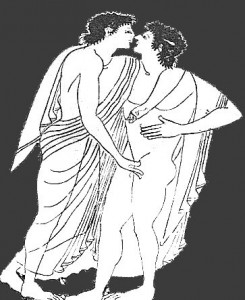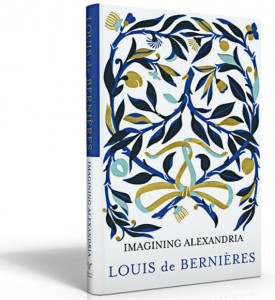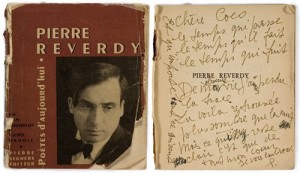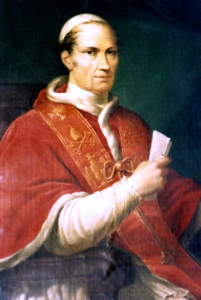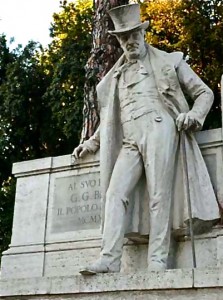POETRY IN TRANSLATION (CCXLVI): Louis de BERNIÈRES (b. 1954, London), ENGLAND, “Tânărul chipeş”, “The doomed Boy”
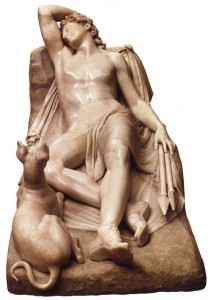
Endymion
Tânărul chipeş
(The doomed Boy)
Louis de Bernières (n. 1954, Londra)
Când zâmbea, era chipeş ca Endymion,
Răspândea un aer de parfum viril,
Îşi arăta o dantură splendidă, evocând
O conversaţie matură,
Trăindu-şi huzurul din averea familiei.
Când bărbatul ăsta chipeş trecea, se zvonea
Că toate femeile îşi desnodau cordonul
Rochiilor, mângâindu-şi coafura şi înfoindu-se.
Îl considerau plin de respect,
Căci îsi păstra braţele strâns la piept.
Dar nu îl ştiau perindând străzile portului,
Cu buzele lui sensuale şi braţele vânjoase,
Dansând în lupanare, stând la colţ de stradă,
Gustând, în grabă, desfătări efemere,
Trecând iute, cu borul pălăriei tras peste ochi,
Ca mulţi alţi băieţi chipeşi, marcaţi de soartă.
Rendered in Romanian by Constantin ROMAN, © 2014,
Copyright Constantin ROMAN, London

… his ideal lips & his ideal limbs…
The Doomed Boy
Louis de Bernières (b. 1954, London)
He was handsome as Endymion, cast about him
The scent of virile cologne, showed brilliant teeth
When he smiled, made confident conversation,
Lived well on his father’s wealth.
It was known that the women loosened their gowns and
Stroked their hair, and preened
As this beautiful man came by. They thought him
Respectful for keeping his hands to himself.
He wasn’t detected down in the streets of the port,
With his ideal lips and his ideal limbs,
Whirling and dancing in basements, standing in shadows
On dim street corners, warmed briefly by transient joys,
Flitting and gliding, his hat pulled over his face
Like all the other doomed and beautiful boys.
(from: ‘Imagining Alexandria’)
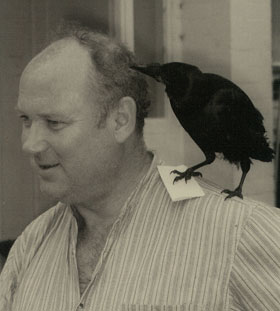
Louis de Bernieres
SHORT BIO: Novelist Louis de Bernières was born in Woolwich, London in 1954, but grew up in Surrey. He joined the army at 18 but left after spending four months at Sandhurst. After graduating from the Victoria University of Manchester, he took a postgraduate certificate in Education at Leicester Polytechnic and obtained his MA at the University of London.
Before writing full-time, he held many varied jobs including landscape gardener, motorcycle messenger and car mechanic. He also taught English in Colombia, an experience which determined the style and setting of his first three novels, The War of Don Emmanuel’s Nether Parts (1990), Señor Vivo and the Coca Lord (1991) and The Troublesome Offspring of Cardinal Guzman (1992), each of which was heavily influenced by South American literature, particularly ‘magic realism’.
In 1993, he was selected as one of the 20 ‘Best of Young British Novelists 2′ promotion in Granta magazine. His fourth novel, Corelli’s Mandolin, was published in the following year, winning the Commonwealth Writers Prize (Best Book). It was also shortlisted for the Sunday Express Book of the Year. Set on the Greek island of Cephalonia during the Second World War, the novel tells the story of a love affair between the daughter of a local doctor and an Italian soldier. It has become a worldwide bestseller and has now been translated into over 30 languages. A film adaptation of the novel was released in 2001, and the novel has also been adapted for the stage. In 2001, Red Dog was published – a collection of stories inspired by a statue of a dog encountered on a trip to a writers’ festival in Australia in 1998.
In 2009 he separated from his partner, Cathy, who took custody of their children, Robin and Sophie.[5] He had been spending much time away from his family touring. He subsequently attacked family lawyers as being too adversarial. Eventually, he gained equal custodial rights.
De Bernières is an avid musician. He plays the flute, mandolin, clarinet and guitar, although he considers himself an “enthusiastic but badly-educated and erratic” amateur. His literary work often references music and the composers he admires, such as the guitar works of Villa-Lobos and Antonio Lauro in the Latin American trilogy, and the mandolin works of Vivaldi and Hummel in Captain Corelli’s Mandolin.
Some of the stories are autobiographical, such as “Silly Bugger 1” about a boy who brings up an abandoned rook, which becomes his companion, the rook sitting on his shoulder as he goes about his life – de Bernières is pictured on his website with a rook sitting on his shoulder. Notwithstanding is rich in local detail, containing references to the nearby villages and towns of Godalming, Chiddingfold, Hambledon and Haslemere, as well as to Waitrose, Scats, the Institute of Oceanographic Sciences, the Merry Harriers pub and the “suicidal driving” of the nuns at St Dominic’s School. De Bernières reflects in the Afterword:
“I realised that I had set so many of my novels and stories abroad, because custom had prevented me from seeing how exotic my own country is. Britain really is an immense lunatic asylum. That is one of the things that distinguishes us among the nations… We are rigid and formal in some ways, but we believe in the right to eccentricity, as long as the eccentricities are large enough… Woe betide you if you hold your knife incorrectly, but good luck to you if you wear a loincloth and live up a tree.”



